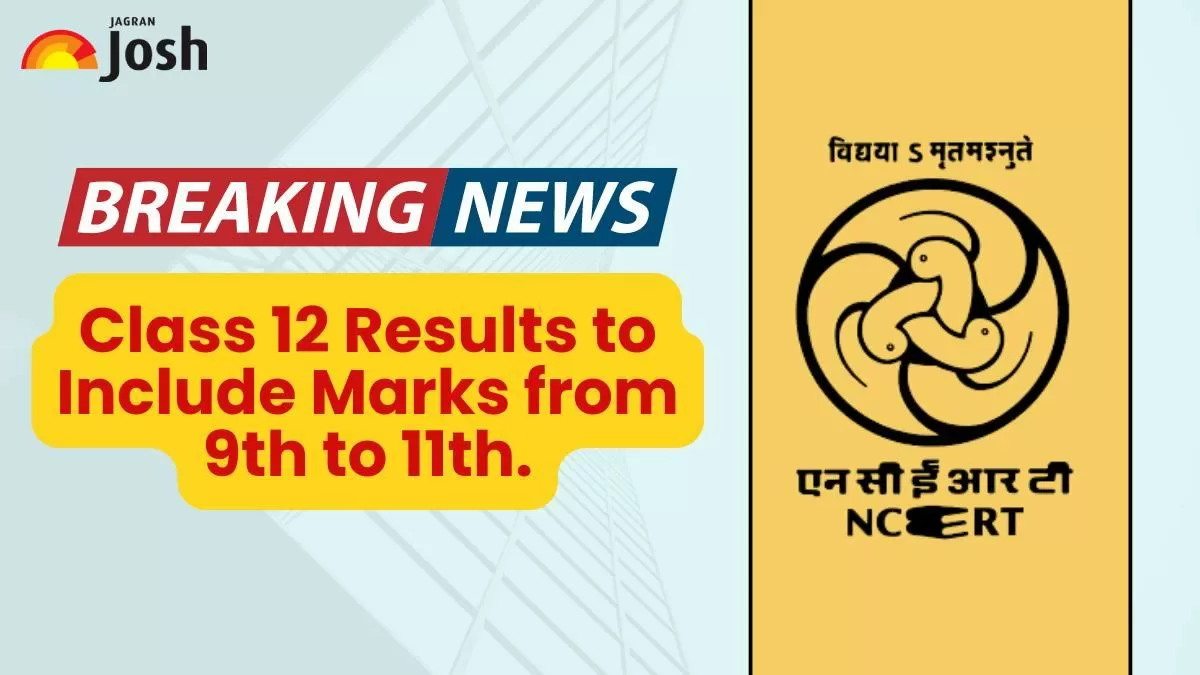NCERT’s New Evaluation Model for Class 12 Board Exams: In a groundbreaking move, the National Council of Educational Research and Training (NCERT) has proposed a significant overhaul of the Class 12 board exams, aiming to standardize assessments across India and promote holistic learning.
Under the proposed changes, the Class 12 board exams would not only assess students' performance in the final year but also incorporate their marks from Classes 9 to 11. The proposed model, outlined in a report titled "Establishing Equivalence across Education Boards," suggests incorporating cumulative performance metrics from Classes 9 to 11 into the final board exam.
Marks Distribution for Class 12 Board Exam
Under the new system, students' Class 12 board exams would contribute 40 percent to their overall score. The remaining 60 percent would be determined by their cumulative performance in earlier classes: 15 percent from Class 9, 20 percent from Class 10, and 25 percent from Class 11. This approach aims to provide a more holistic assessment of student's academic progress and capabilities, taking into account their growth and development over time.
Additionally, the NCERT has proposed a greater emphasis on vocational and skill-based education in the board exams. This shift aligns with the government's vision of promoting skill development and making education more relevant to the job market. By including vocational and skill-based components, the board exams would better prepare students for the challenges of the 21st century.
How the NCERT’s Proposal Will Benefit Students?
The proposed changes are expected to offer several benefits to students:
- Reduced Stress: Incorporating marks from earlier classes could alleviate some of the pressure associated with the Class 12 board exams, as students' overall performance would be taken into account.
- Holistic Assessment: The new model would provide a more comprehensive evaluation of students' learning, recognizing their growth and development over time.
- Relevance to the Job Market: The focus on vocational and skill-based education would better prepare students for the future and enhance their career prospects.
- Standardized Assessments: The changes would help to standardize board evaluations across India, ensuring that students from different regions and backgrounds are assessed on a fair and equitable basis.
The NCERT's proposal to overhaul the Class 12 board exams marks a significant step towards reforming the education system in India. By incorporating marks from earlier classes and emphasizing vocational and skill-based education, the new model aims to create a more holistic and relevant assessment system that better prepares students for the challenges of the future.
Also Check: CBSE Class 12 Syllabus of All Subjects for 2024-2025
